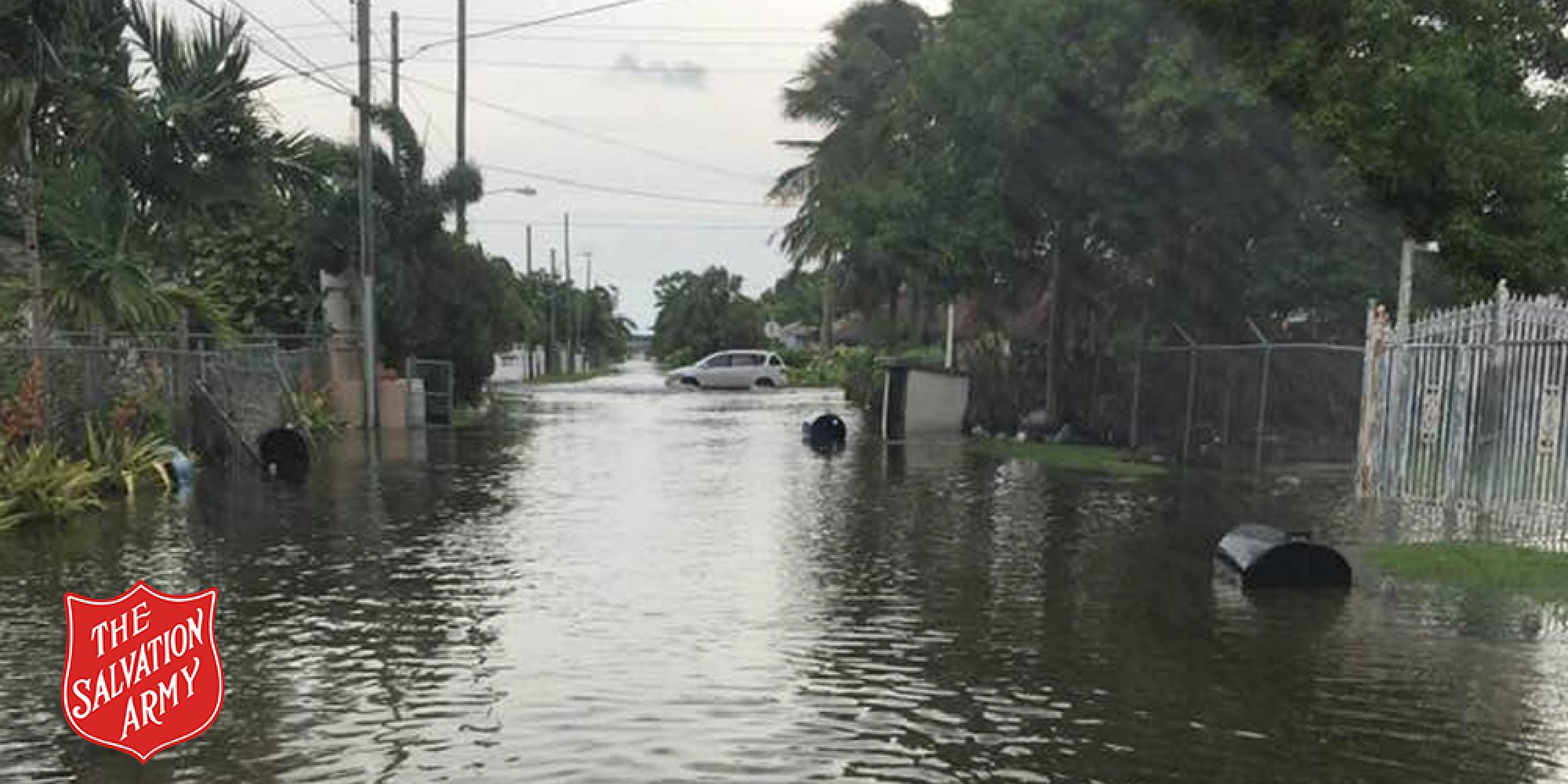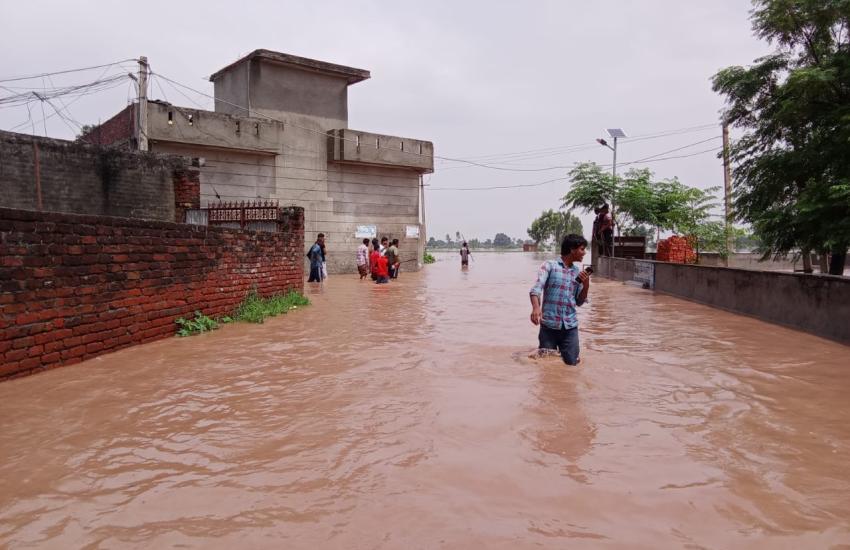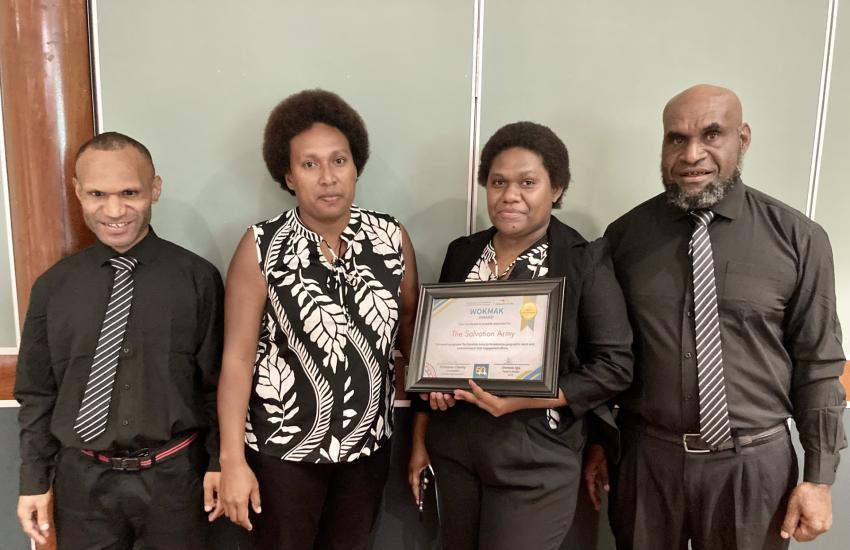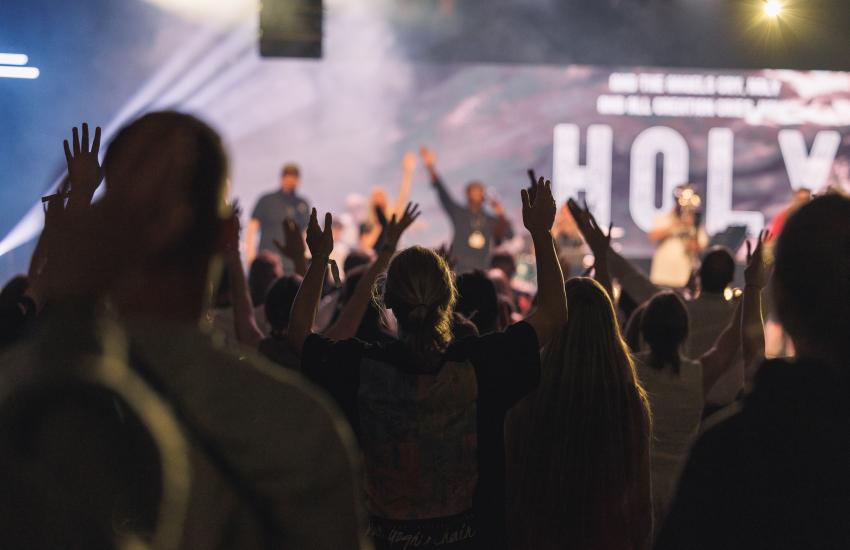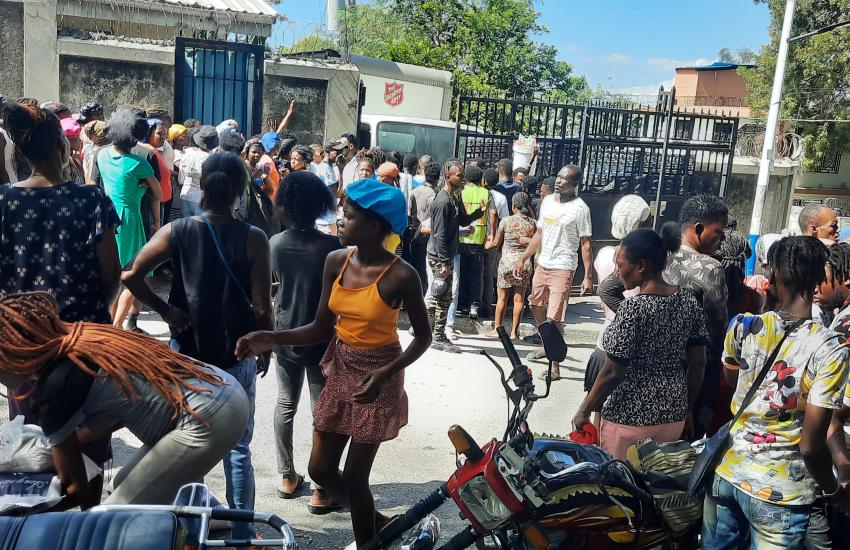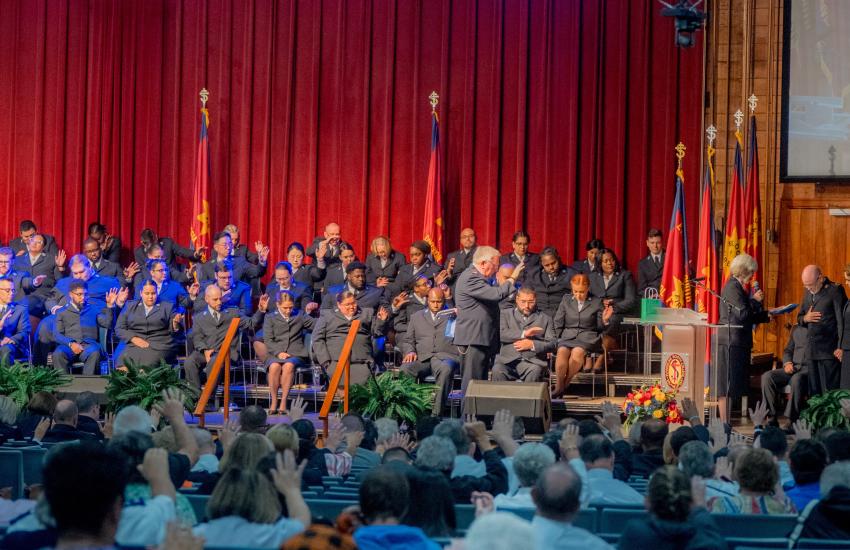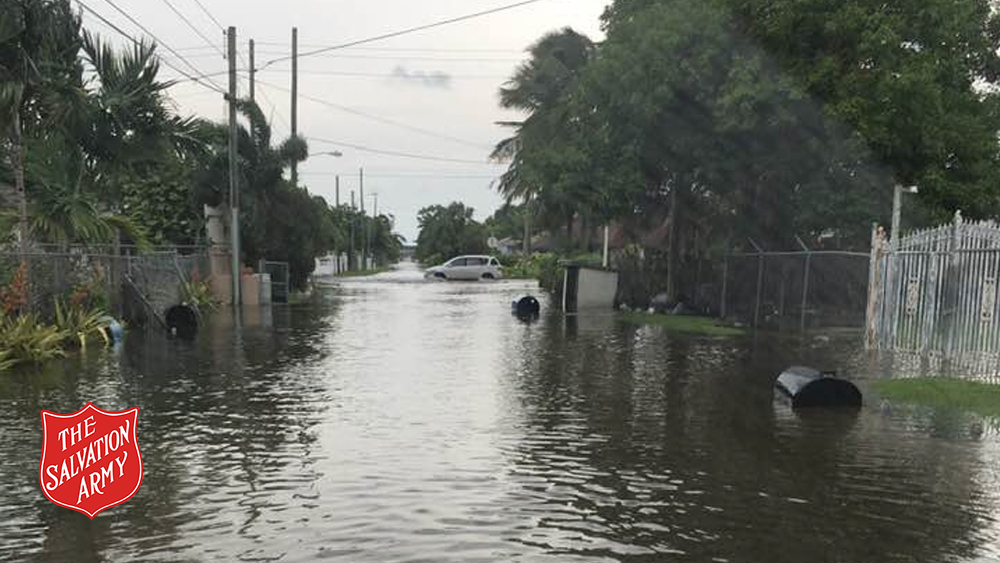 FOOD, clothing, tarpaulins and clean-up kits will be the major needs on Grand Bahama in the days ahead, according to The Salvation Army’s divisional commander in the Bahamas, Major Clarence Ingram. The island, along with Abaco island to the east, has experienced severe flooding and structural damage as a result of the Category 5 Hurricane Dorian. ‘We are ready to provide assistance as soon as we can assess the need,’ confirms the major.
FOOD, clothing, tarpaulins and clean-up kits will be the major needs on Grand Bahama in the days ahead, according to The Salvation Army’s divisional commander in the Bahamas, Major Clarence Ingram. The island, along with Abaco island to the east, has experienced severe flooding and structural damage as a result of the Category 5 Hurricane Dorian. ‘We are ready to provide assistance as soon as we can assess the need,’ confirms the major.
Putting the disaster into perspective, Major Ingram reports that local estimates indicate 13,000 homes may be severely damaged, and expresses concern that the impact may be even higher on Grand Bahama because Freeport is a major population centre. More than 6,750 of the affected residents are aged 65 or over. Compounding the transport, logistics and communications difficulties, the airports on Abaco and Grand Bahama islands are closed because of the effects of the storm.
While Dorian has now been downgraded to a Category 3 hurricane, the current forecasts are that it may take most of this week for the waters to recede sufficiently before clean-up efforts can begin. It may be another week before the airports on Grand Bahama and Abaco will be able to accept traffic.
The last report from The Salvation Army’s corps (church) on Grand Bahama stated that ‘Freeport is taking a pounding’ but that the building and associated thrift store are holding up for the time being. Once the situation has stabilised, The Salvation Army’s primary role will be to provide nutritious meals to people in the official shelters.
Florida, USA
As Hurricane Dorian progresses slowly, and with a difficult-to-forecast track, The Salvation Army in Palm Beach County is poised to provide disaster relief services both locally and in surrounding communities as needs arise. Major James Hall, Area Commander for The Salvation Army says: ‘We have disaster teams ready to serve both our community and our neighbours to the north.’
The Salvation Army has 30 mobile feeding units positioned across Florida, with each mobile kitchen ready to serve 500-1,500 meals per day. Along with meals, clean-up kits and pastoral counselling would be provided to survivors and first responders.
The Salvation Army continues to work with state and local emergency management officials throughout Florida to determine needs and coordinate resources.
Georgia
Salvation Army officers and staff throughout the state have met with local community leadership. With seven emergency shelters open across Georgia, The Salvation Army has been providing meals, snacks and drinks to first responders and others who are helping evacuation efforts.
The Salvation Army has 21 mobile feeding units available in Georgia, which can be stationed to quickly provide feeding, hydration and emotional and spiritual care to impacted areas. A Salvation Army Incident Management Team stands ready to go into action to organise and coordinate relief efforts should Hurricane Dorian impact Georgia.
‘We continue to assess and evaluate the situation,’ says Lanita Lloyd, Director of Emergency Disaster Services for The Salvation Army of Georgia. ‘Once we see exactly if and how Hurricane Dorian impacts our state, we will be able to deploy our resources as needed to help those in the most severely affected areas.’
Carolinas
Preparations for disaster service are being made after a mandatory evacuation was ordered for coastal counties in South Carolina. Salvation Army units have been requested to provide local support for first responders, emergency management officials and residents who are in the predicted path of the storm. In Raleigh, North Carolina, and Columbia, South Carolina, Salvation Army liaisons have been dispatched to the state emergency operations centre to coordinate with other agencies and government partners.
‘We are part of the solution,’ says Mike Patterson, Emergency Disaster Services Director for The Salvation Army of the Carolinas. ‘One organisation cannot do it all, but serving together we can use our strengths to help people when disaster strikes.’
- See also: Salvation Army Response to Hurricane Dorian Steps Up as ‘Catastrophic’ Storm Makes Landfall in Bahamas (2 September 2019)
